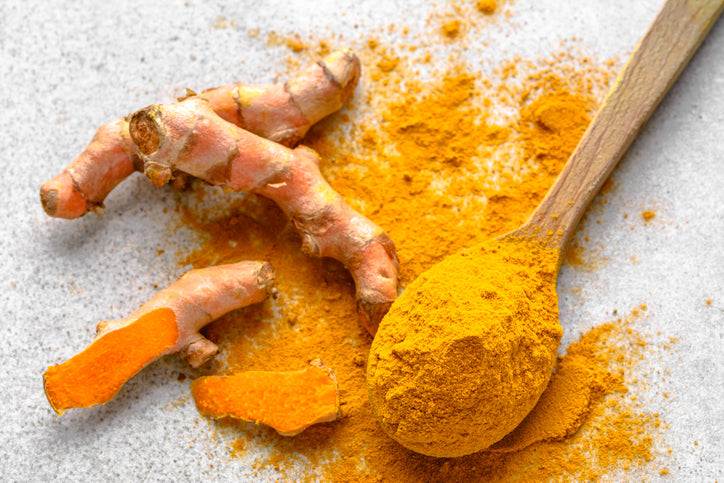Traditional, Complementary and Alternative Medicine (CAM)
“Most often, people who use CAM are seeking ways to improve their health and well-being and to relieve symptoms and side effects of conventional treatment.” – National Center for Complementary and Integrative Health
When traditional medicines or other alternative health practices are used exclusively, with no inclusion of allopathic treatments, the person is truly using alternative medicine. More people are inclined to use traditional medicine and alternative health practices in some combination with allopathic medicine, and we refer to this as complementary medicine.
Traditional Medicine
Traditional medicine has been practiced for centuries or even millennia in many cultures, and it is more than just herbs. Every traditional medicine approach involves entire holistic philosophies of health, focusing on physical, mental and spiritual health. Practitioners may recommend treatments that include herbs, but often also include dietary suggestions and some form of meditation, prayer or yoga. The most well-known traditional medicines are Traditional Chinese and Ayurvedic medicines. Other traditional medicines with long-standing practice include European, African, Naturopathic, Native American and Eclectic, developed in the early days of the settlement of the United States.
Types of Complementary and Alternative Medicines (CAM)
Mind-Body medicine practices are used to strengthen the balance between mind and body. Yoga, tai chi, massage, relaxation techniques and acupuncture are examples of mind-body health practices. The National Institute of Health website (www.nih.gov) includes information on mind-body practices and their effectiveness in managing conditions related to stress, depression and chronic pain.
Nutritional Medicine / Special Diets are gaining in familiarity and popularity. Some special diets, such as the Feingold diet, can be fairly involved, but many people are finding health improvements through rather simple dietary changes, such as avoiding caffeine and/or gluten products, or eating organic foods. The foundation of these diets is nutrient-dense, unprocessed foods.
Natural Products are nutrient-based, including vitamins, minerals, oils and herbal products. Regulated in the United States as dietary supplements, they are used by many people on a daily basis. They include omega-3 from fish oil, flax oil or other plant-based sources and amino acids, the building blocks of proteins and essential fatty acids. Herbal products, used in botanical medicine, include ginseng, echinacea, and cranberry and cherry extract. Natural products can be taken in capsules or tablets, teas, liquids or chewables. Almost 18 percent of Americans use natural products other than vitamins and minerals, according to a 2012 National Health Interview Survey, making it the most popular approach to Complementary and Alternative Medicine.
By Stacey Littlefield, Chief Formulator
Redd Remedies
References
National Center for Complementary and Integrative Health. (2015, March 3). CAM on PubMed®. Retrieved March 31, 2016 from the National Institutes of Health website: https://nccih.nih.gov/research/camonpubmed/background.htm#c
National Center for Complementary and Integrative Health. (2015, October 14). Use of complementary health approaches in the U.S. in National health interview survey 2012. Retrieved January 1, 2016, from National Institutes of Health website: https://nccih/nih.gov/research/statistics/NHIS/2012
Related Posts


